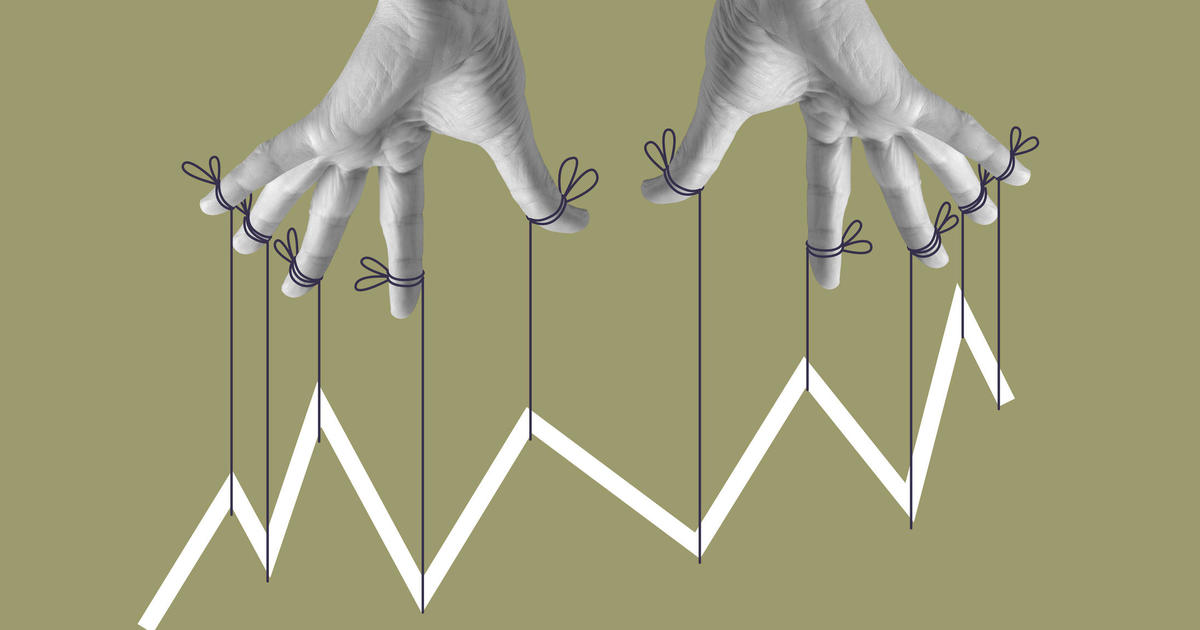The Class of 2017 is finally back to 2007 wages
This year's graduating class will leave their college campuses with a piece of parchment in hand and an economic milestone within reach: Their wages will finally match those of new grads in 2007.
If the achievement seems like a questionable benchmark, that may be a fair assessment. The class of 2007 graduated before the economic recession withered Americans' wages, caused millions of layoffs and prompted higher unemployment for workers of all ages and educational attainment. A decade later, college grads are at last catching up, although new high school graduates still haven't reached wages they earned in 2007, according to a new study from the left-leaning Economic Policy Institute.
The good news/bad news situation may appear to tip more toward the negative when compared with the rising cost of a college education, which has soared while wages have stagnated. Many college students and their families have taken on major debt to finance their educations, with the hope that the wage premium for college grads will outweigh the cost of the schooling.
While it's true that college grads earn far more than high school grads, many are suffering from underemployment, which occurs when workers are in jobs that don't use their training or education, or are in part-time jobs when they want to be working full-time.
"This time is the first time I feel like young graduates' economic prospects have started to brighten," said Elise Gould, a co-author of the study and a senior economist at the EPI. But, she added, digging into the economic details for new grads "tells a relatively weak story."
For instance, even though the unemployment rate for young grads is close to 2007 levels, it remains higher than in 2000, the study found. High school grads remain worse off than in 2007: Their unemployment rate now stands at 16.9 percent compared with 15.9 percent a decade ago. Underemployment is hitting almost one-third of young high school grads and 12 percent of college grads, the EPI found. In 2000, the figures were about 21 percent and 7.1 percent, respectively.
Combine underemployment, slow-to-recover wages and high levels of student debt, and it may be no surprise that so many young college grads are living at home with their parents or other relatives. Almost one out of four young adults lived with their parents last year, while only 20 percent lived with a spouse, the Census Bureau said in an April report. That represents a major societal reversal from 1976, when twice as many young people lived with a spouse as with their folks.
Not all young adults living at home appear to be saving up to move out. Census found that one out of four of them are "idle," meaning they're neither working nor going to school. That represents 2.2 million people between the ages of 25 to 34. Young Americans who are absent from the labor market or schooling are particularly troubling, Gould said.
"You aren't adding anything to your resume, either in schooling or work experience," she noted. "We think about the margins of the labor market, and that's a really important margin. What will that mean 10 years down the road?"
High school graduates today earn 4.3 percent less than they did in 2000 when adjusted for inflation, the EPI said. On an adjusted-dollar basis, recent high school grads in 2017 are earning $10.89 per hour, compared with $11.29 in 2007 and $11.38 in 2000.
Young college grads are earning $19.18 per hour today, only 1.4 percent higher than in 2000, adjusted for inflation. That's slightly higher than the $18.81 new grads earned a decade ago, the researchers found. Even though new grads have made up for lost ground, it's not enough to significantly raise their living standards compared with a decade ago or even 17 years ago.
Why are high school grads having a tougher time regaining their lost wages? Employers can still be choosy, given a labor market that's riddled with weakness. The share of college grads under 27 years old working in jobs that don't require a bachelor's degree has grown to 43.5 percent in 2016 from 41.8 percent in 2007, according to data from the Federal Reserve Bank of New York.
"If you're hiring for a job that doesn't require a college degree but you can get a college grad, you're going to take the college grad," Gould noted.
If there's a fix, it may be found in policies that encourage job creation and enhance the quality of jobs offered to both high school and college grads. Only 36.7 percent of people between the ages of 25 to 54 have college degrees, which means the vast share of the labor market is Americans with only high school diplomas, associates degrees or some college classes.
Gould added: "Especially as we see the economy recover and there are more jobs today, are they providing a decent wage, do they provide benefits and do they provide a career trajectory? Many do not."



